
Lindsey Taylor Wood of The Helm on how she is making an impact by making it easy to invest in women
June 30, 2021
Describe The Helm in a few words?
We make it easy to invest in women.
What made you take the leap to start your own business?
Necessity is the mother of invention! When women have more money they have more power, yet economic equality rarely receives the same sort of attention as the social and political equality when it comes to feminist movement building. I wanted to help change that by connecting women founders with women funders.
What was your background prior to starting your own business?
I've had a fairly non-linear career path but—from NGOs to media, consulting to startups—women's rights have been central.
Did you always know you wanted to be an entrepreneur?
I didn't know that I wanted to be an entrepreneur but I knew that I deeply valued autonomy. The desire for that has been a driving force in nearly all of the career-oriented decisions I've made.
Take us back to when you first launched your business, what was your marketing strategy to get the word out and did it go as planned?
Yes and no. My strategy was to leverage my existing network of women philanthropists to raise our first (small) fund. That strategy was successful in that a lot of influential women and their respective networks knew who we were and have ultimately become champions, partners, or advocates. But, at the time, they underscored the very thing I created the company to combat: women tend to donate their money, not invest it. And if we want the world to reflect the sorts of innovation that account for us all, we have to change that.
We always learn the most from our mistakes, share a time with us that you made a mistake or had a challenging time in business and what you learned from it?
One of the mistakes I made more than once was not quickly parting ways with people in our company that didn't share our values and mission. There is so much self-doubt and imposter syndrome synonymous with early-stage founders that I've found, in the beginning, it can be hard to trust your gut. Part of becoming a more effective entrepreneur is getting to a place where you are clear not only about where you are going and how to get there but how critical it is that your entire team is aligned with and committed to your vision.
What is the accomplishment you are the most proud of to date?
Keeping the company alive during and post-COVID while still creating value for our stakeholders and maintaining the integrity of our values and our mission is definitely one of the things I'm most proud of.
When hiring for your team, what is your go-to interview question? Please share any hiring tips you can share from your experience?
One key thing I realized is that a candidate's references are just as important as their interviews and that to get a clear and more accurate picture of a candidate, it helps not to (only) ask open-ended questions. For example: asking the referrer, "can you tell me on a scale of 1 to 10 how collaborative Jane is" (followed by "why?"), I got a much more thoughtful and concise answer than "is Jane collaborative?" I also gently push back on referrers when they only have positive things to say. Everyone has areas where they could benefit from professional development. Ensuring areas where a candidate could use them align with the resources you can make available is crucial.
How has your business or industry been impacted by the COVID-19 pandemic?
The Helm is both a VCM firm and a startup. The VC firm, strangely, seems to be benefiting, but our Holding Company was affected in a significant way as we went out to raise our Seed round the week that COVID hit. Laying off more than 50% of our team was one of the hardest things I've ever done. With that, the lessons we learned along the way were invaluable, and our company is stronger, leaner, and growing even more quickly due to the things we were able to weather.
What's next for your business? What can we expect to see over the next few years?
We recently began raising a $25M Fund II, and we launched an angel network to get more and women investors of all levels to the table. To that end, you can expect to see us facilitating a far greater number of women investing and a far greater number of women entrepreneurs funded.
What is the biggest lesson you have learned in 2020?
Clarity of vision, ruthless prioritization, and the people you surround yourself with are 95% of what sets you up for success.
What do you know now that you wish you knew when you were first starting your business?
You can't only plan for success. You need to plan for all scenarios, especially when it comes to your burn and your runway. Raising a party or friends and family round (and even early bridges) can be far easier than raising a Seed or an A. It's important to give yourself far more time to raise than you think you'll need, to nail your (one) MVP before moving on to anything else, and that you have enough in the bank to weather unpredicted storms.
How have you managed to stay grounded this year?
My dog is one of the most consistent sources of comfort and joy. At a time when we couldn't engage with many other humans, I found time with him was even more soothing and happy-inducing than pre-pandemic.
Do you believe in work/life balance? What are some of your best tips?
One of the best pieces of advice I've ever received was from my partner and dearest friend Julie Weber who said "it's not about balance but about flow." There is so much power in not resisting your current reality and recognizing its impermanence.
What's something our audience would be surprised to learn about you?
I'm a passionate and deeply curious person who asks a lot of questions, so people tend to assume I'm an extrovert. In reality, I'm a homebody who requires a lot of time on my own; who can have social anxiety and a deep fear of public speaking. (The latter of which my job often requires.) I'll always choose a deep one-one-one conversation or intimate gathering over a party or lively event.
What are your top 3 tips to stay productive each day?
I recently read this and it's really stayed with me: Until you're clear on what you need to do and believe in your ability to do it, you will struggle to focus and therefore procrastinate. I find that really encapsulates it. So, the tip would be to write down what you need to do and exactly what you need to accomplish each day to achieve it. To be clear, I still struggle with this but using Asana and asking my team to hold me accountable have helped.
What does being an Entreprenista mean to you?
This is a tough one... I have always struggled with words that are gendered. On one hand, doing so can help call out areas of inequity in order to better address them; it can also be a way to celebrate our differences. On the other hand, it can be divisive. I'm a big fan of "many truths;" what may be true for me (identifying more with the word Entrepreneur than Entreprenista) could not be true for the women who feel more powerful by identifying in that way. So perhaps I would say, being a woman and an entrepreneur, for me, means actively participating in and contributing to a more equitable world in which women's talents are both honored and compensated.

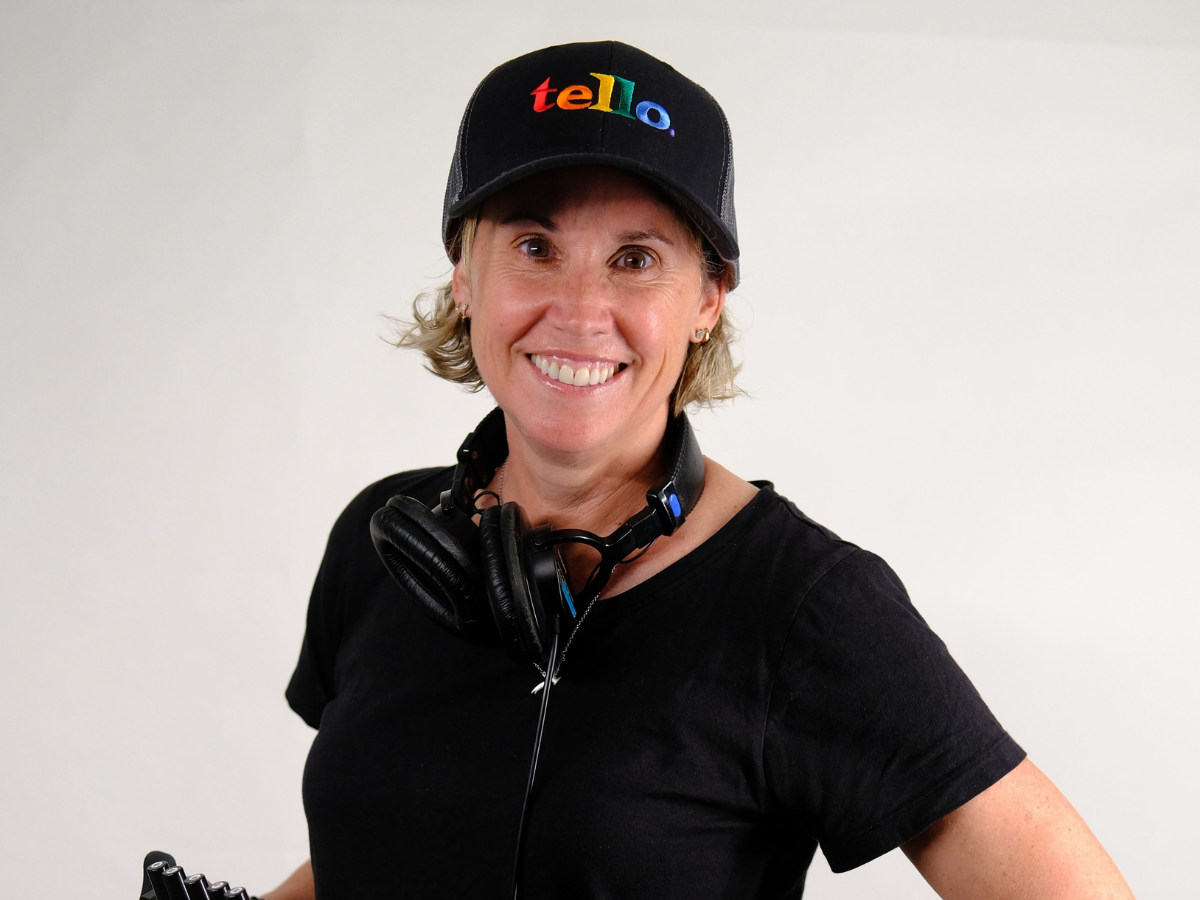
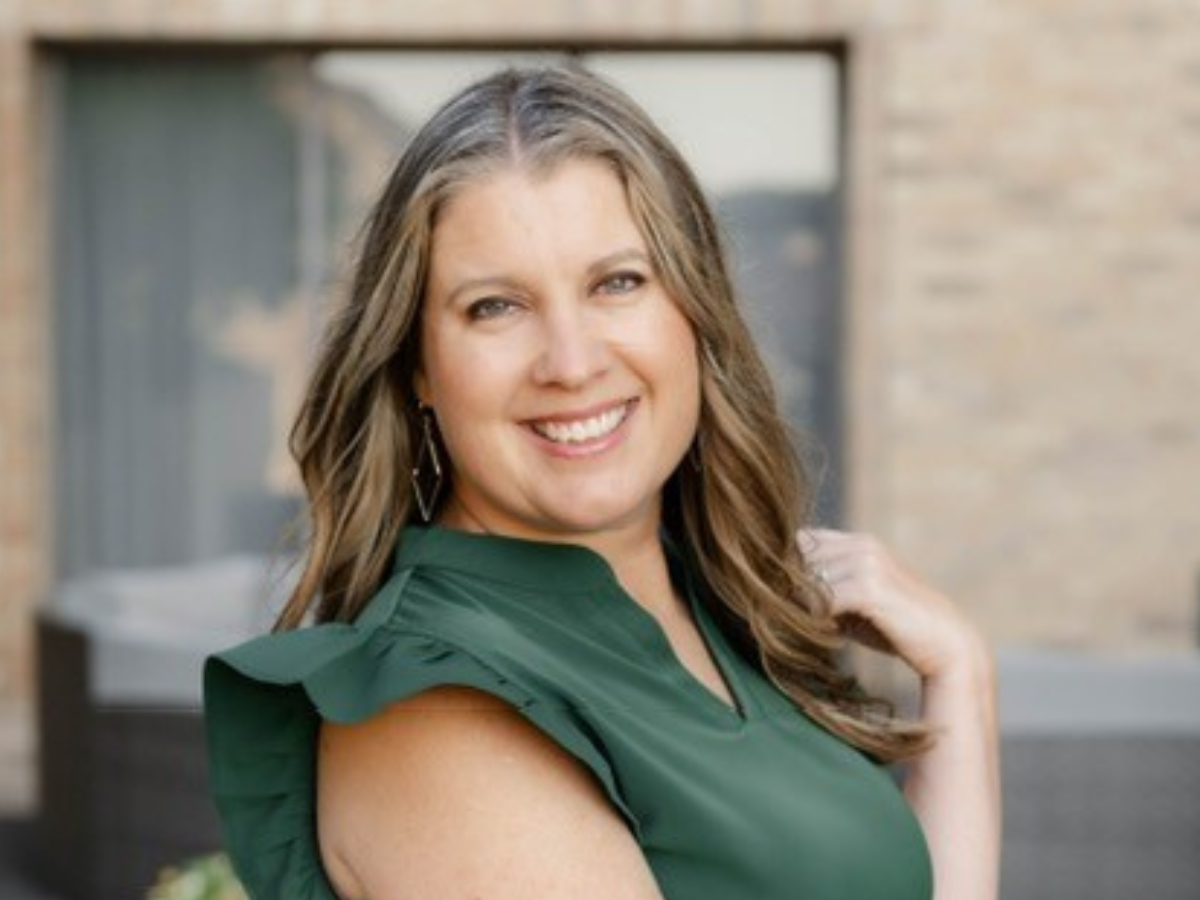
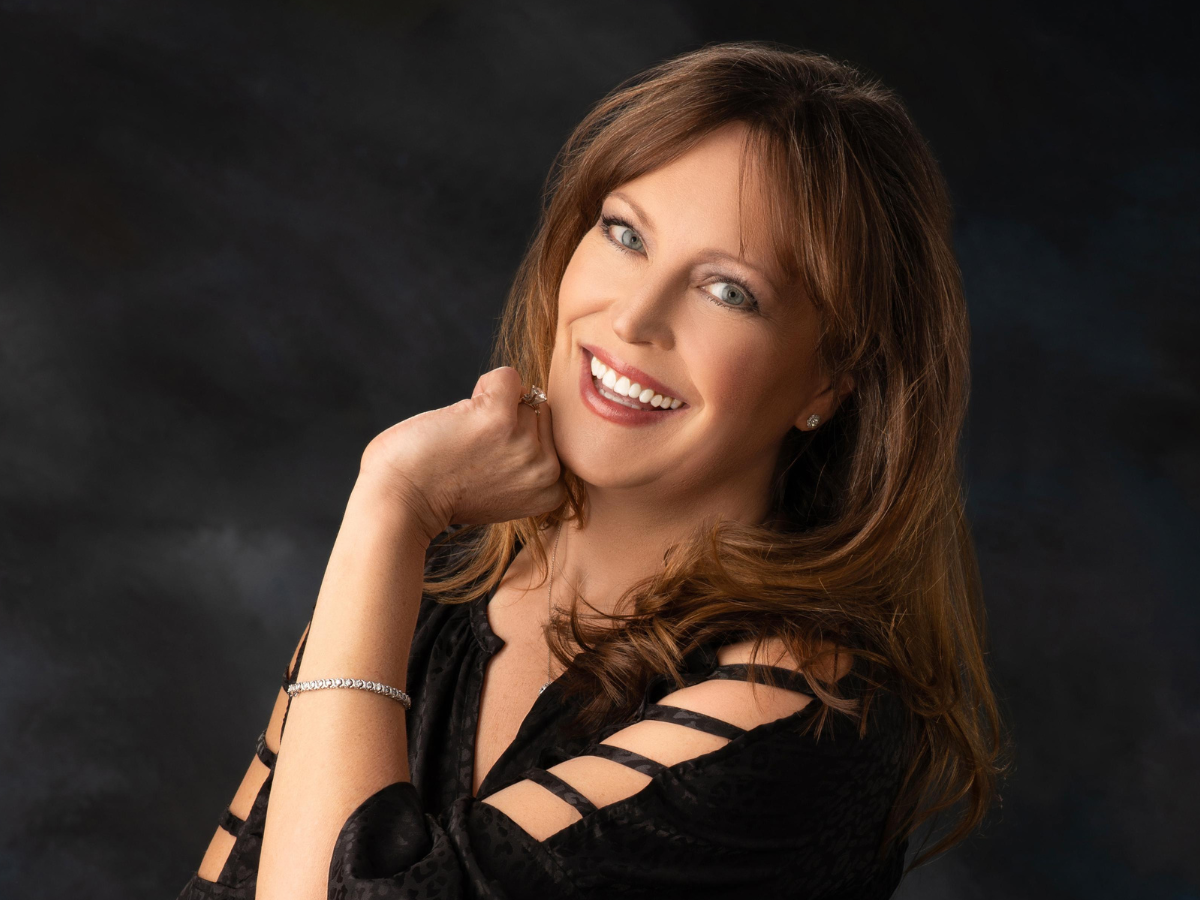
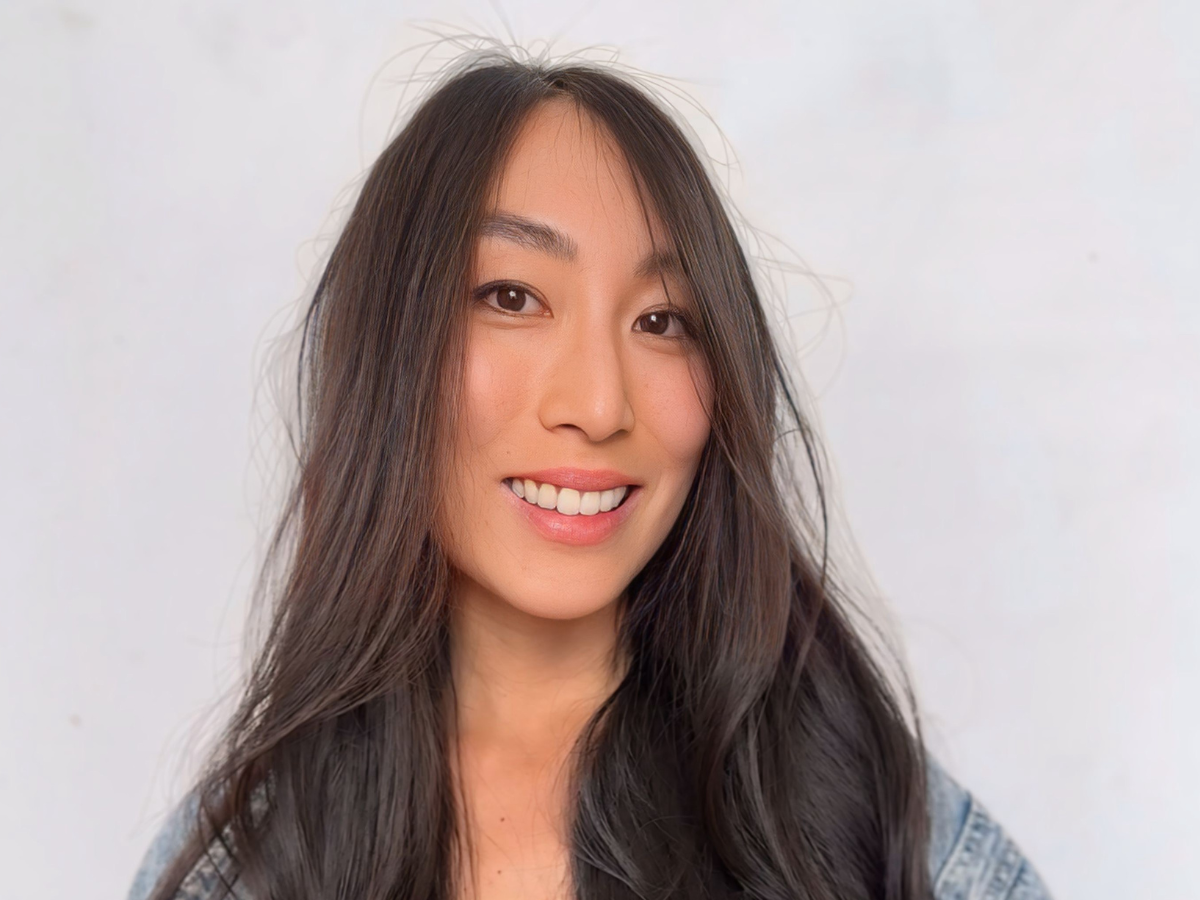


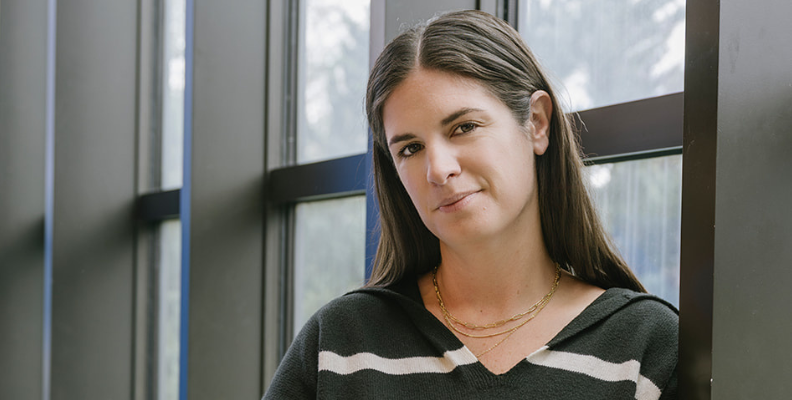
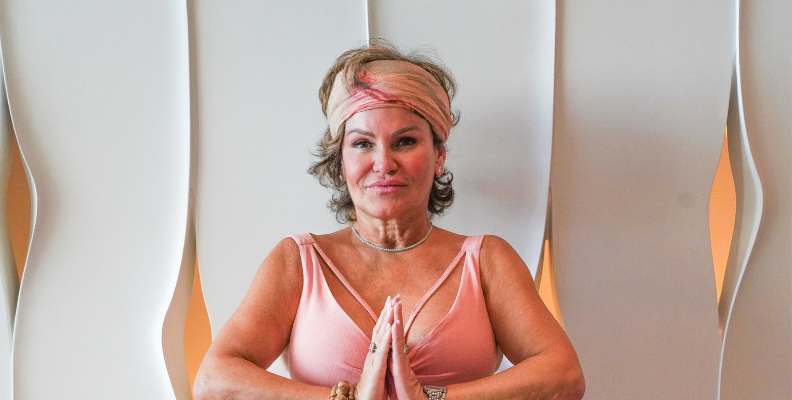

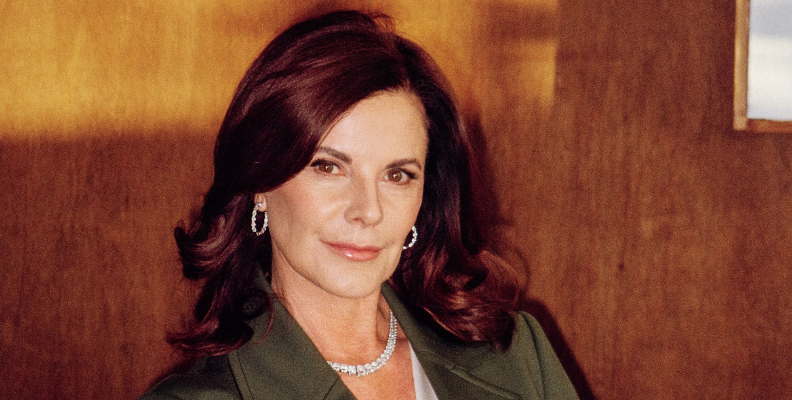


.png)
.png)
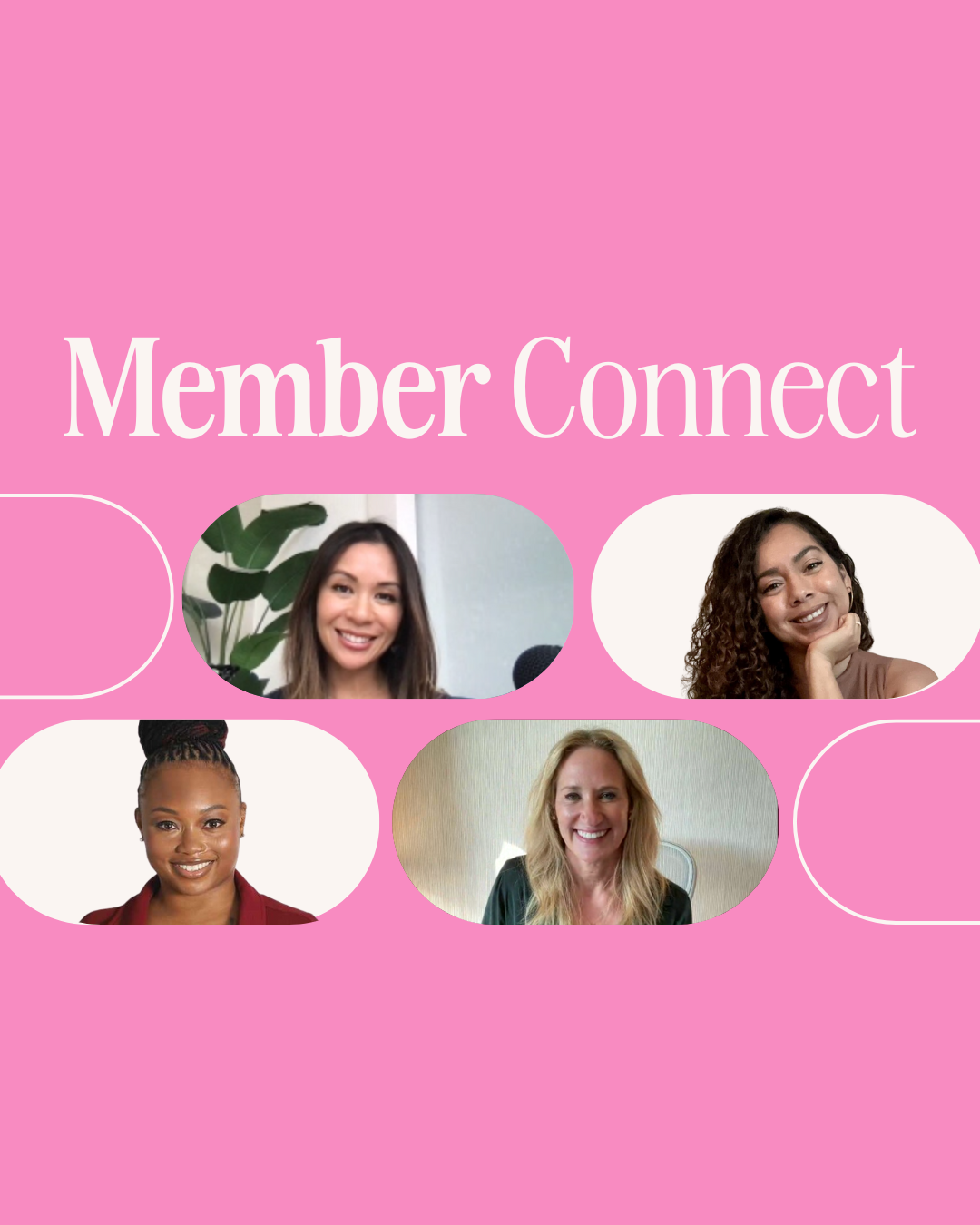




.avif)

